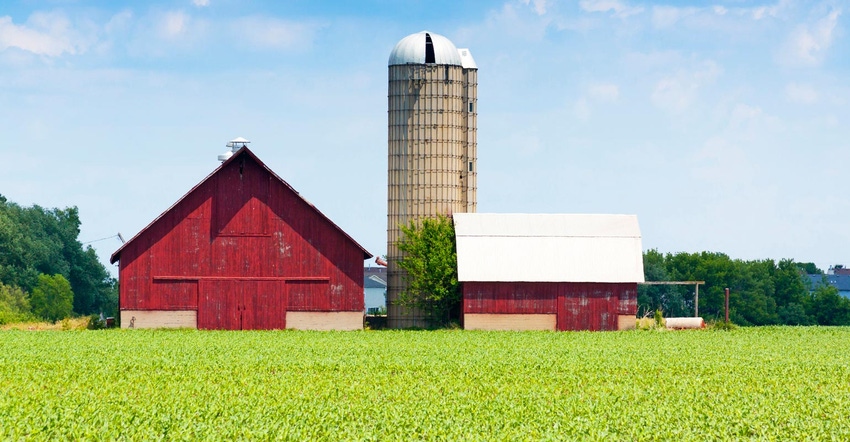August 10, 2020

An argument could be made that there has never been a better time than now to sell a farm. Land prices seem to have generally plateaued, capital gains tax rates are historically low, and the step-up-in-basis tax rule remains in effect. Before selling your farm, you should consider the following:
Taxes. If a married couple bought farmland many years ago for $500 an acre, but today the farm is worth $8,000 an acre, the couple will have to pay capital gains tax on the amount of the gain, which would mean about a 20% tax on $7,500 per acre. However, if the farmland is owned as marital property (which it often is, but this can be assured in Wisconsin with an estate planning document known as a Marital Property Agreement) and the farm is sold after one spouse dies, the living spouse can sell the farmland tax-free. If the living spouse continues owning the farmland until his or her death, whoever inherits the farmland can sell it tax-free at that time.
If your farm includes a barn, shed or other buildings, odds are you have depreciated those buildings. Selling those buildings while you are alive would mean you would pay tax on the depreciation you took at ordinary income rates. However, again, if the farm is marital property (and you are in Wisconsin or another community property state) and you wait to sell until a spouse dies, the living spouse can sell those buildings tax-free. Likewise, the heirs can sell the farm tax-free when the second spouse dies.
It should be noted that cattle, machinery and other farm personal property also benefit from this step-up-in-basis tax rule.
Land contract. If you desire to sell your farm while both spouses are alive, perhaps because you want to create some retirement income, it can make sense to sell the farm on an installment basis, such as with a land contract. State of Wisconsin capital gains tax rates are rather minimal, and as far as federal capital gains tax rates, a married couple must have total income of more than $100,000 in a year before they have to worry about capital gains tax, which is initially at a 15% rate.
For example, if a married couple has $30,000 of Social Security income and no other income other than payments from a land contract that total $70,000 during the year, the principal portion of each land contract payment can be all or mostly tax-free. The interest portion of each payment would be taxable just like interest on a certificate of deposit is taxable.
Buyer. If a son or daughter is not interested in continuing the farm, many retiring farmers would like to see their farm sold to a young couple who will continue milking cows or otherwise operating the farm. If you live in an area where cropland prices are high, it is extremely difficult for a young couple milking around 100 cows to ever generate enough income to purchase farmland at top dollar. As such, if you would like to see your farm continue as an operating farm, be prepared to sell it for less than top dollar.
If you do this, make sure you include provisions in the contract that prohibit the young couple from being able to buy the farm from you for considerably less than what it is worth and then turning it around and selling it for top dollar a short time later.
If you do have a child who would like to buy your farm, you will likely sell it for a discount so he or she can afford it. If you sell at a discount, you should still strongly consider including provisions that prevent the child from selling the farm for maximum value. For example, after buying the farm from you, your child could die, leaving everything to his or her spouse; if there are no protections in place, the spouse could sell the farm for maximum value.
Selling your farm can be both a rewarding and stressful experience. Before entering into any agreement with anyone to sell your farm, make sure you talk with your tax adviser about your personal tax situation, and with a knowledgeable legal professional.

About the Author(s)
You May Also Like






